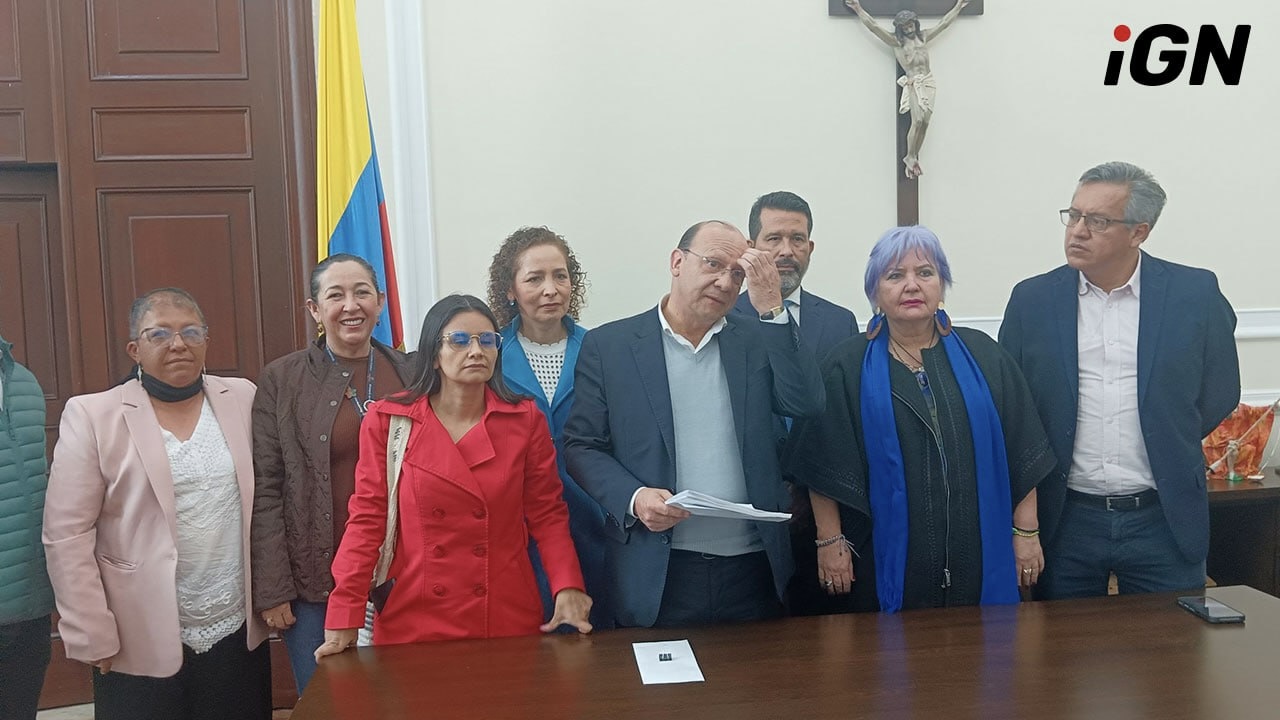Colombia Proposes Permanent 19% VAT on iGaming Deposits

On September 1, the Colombian government submitted to Congress its tax reform bill, the “Ley de Financiamiento,” which includes a permanent 19% VAT on all online gambling deposits.
Main Objectives of the Ley de Financiamiento
The bill was introduced to fund the 2026 General Budget Project (PNG), projected at $556 billion.
The key objective is to raise additional revenue without significantly impacting socially vulnerable groups.
Key Measures of the Tax Reform
- VAT on iGaming deposits: a permanent 19% tax on all deposits, including bank transfers and cryptocurrency.
- Income tax on winnings: rate increase from 20% to 30%.
- Higher VAT on goods and services, including alcohol, hybrid vehicles, hotel services for non-residents, software, and cloud services.
- Luxury taxes: applied to cars, yachts, motorcycles, and event tickets priced above $500,000.
- Extractive industries: increased taxes on coal and oil, along with special levies on the financial sector.
Structure of the Bill
The Ley de Financiamiento draft spans 53 pages and 95 articles, divided into four chapters:
| Chapter | Content |
|---|---|
| Gasto Tributario | Expenditures related to tax benefits and deductions |
| Renta y Patrimonio | Income tax and wealth/property taxes |
| Otros impuestos | Additional taxes, including luxury and resource extraction |
| Medidas DIAN | Tax administration and enforcement measures |
iGaming Industry Reaction
The Federation of Gaming Entrepreneurs (Fecoljuegos) criticized the proposal, calling the tax base “artificial,” since the levy applies to deposits rather than actual business performance. A similar bill failed to pass Congress in 2024.
Additional Measures and Outlook
The reform also includes phased implementation: raising VAT on fuel to 19% by 2027, increasing dividend taxes, and expanding taxation on crypto assets.
The Ministry of Finance emphasizes that the goal is fiscal stability and support for economic growth without harming middle- and lower-income groups.
Conclusion
The “Ley de Financiamiento” illustrates Colombia’s effort to boost public revenue through taxes on iGaming, alcohol, luxury goods, and the financial sector, while introducing measures gradually to avoid burdening vulnerable populations.
